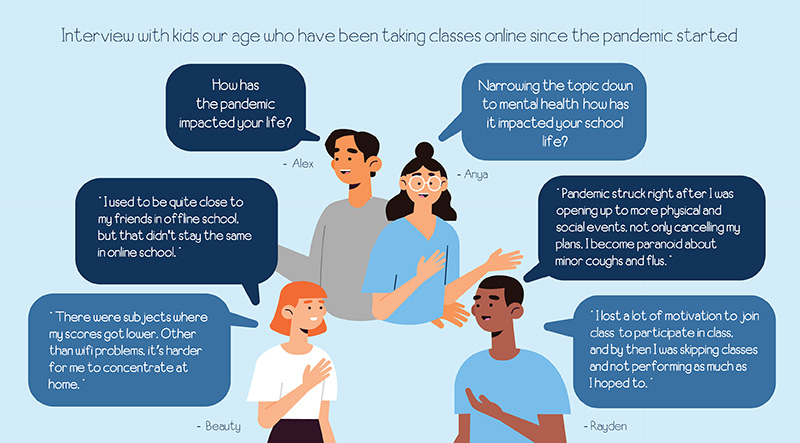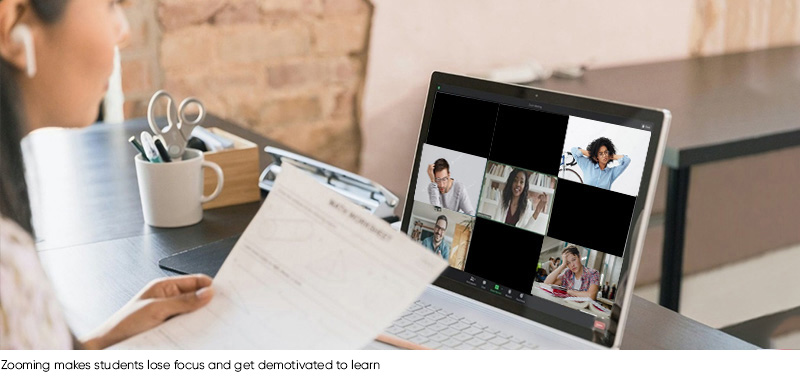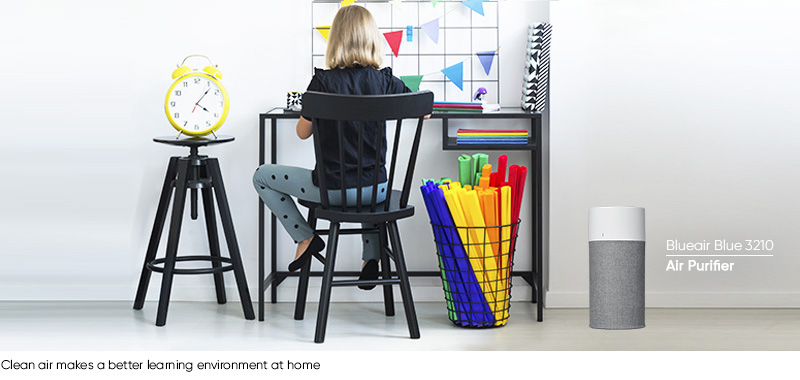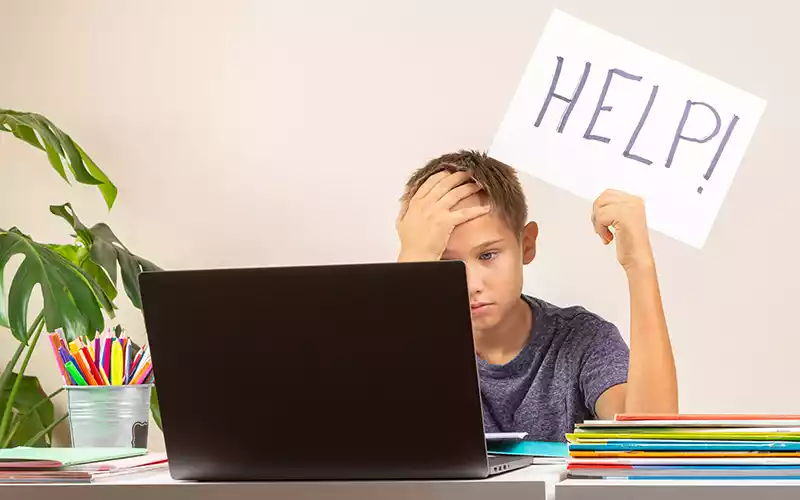-
The pandemic has adversely affected the work ethic and learning environment of students.
Although students initially felt the pandemic was a blessing, in the end, many are experiencing challenges with social, mental and online schooling during the pandemic.
Scheduling, separating zones for different activities, and creating a conducive environment are some ways we can do to improve focus and improve learning at home.
It is a well-known fact that the pandemic has impacted the daily lives of many around the world. But how much has it affected us, students?
For many of us, the impact has been pervasive. It has touched various aspects of our daily routines and behaviour, affecting our wellbeing, both physically and mentally.
This article attempts to shed light on the effects of the pandemic from the student’s point of view and show how much our lives have been impacted, as well as what we can do to somewhat counter the negative effects.
To start off, the following are excerpts from our interview with kids our age who have been taking classes online since the pandemic started:

One of the biggest challenges we, as students, face is to do with our social lives. At school, we were encouraged to seek out, talk, work, study and play with each other. However, since schools have gone online, socializing has been abruptly put on hold.
While there are ways to communicate with each other online, none of these remote communication methods feel quite right since, like Zooming for example, we feel as if we are talking to a screen rather than a real person. While we have grown more or less accustomed to attending classes via Zoom sessions, we still find this communication method simply too awkward to use for casual socializing.
There are many studies that explain why online communication does not only feel unnatural but also energy sapping, one of the facts being that Zoom calls inhibits subtle visual cues in a conversation, therefore our brain is forced to work harder to figure out what the person on the other end is trying to convey. Even communicating with teachers has become more difficult, as we either have to send emails rather than speaking up in class. This leads to the loss of spontaneity and less collaboration. Over time, we bother less and less to communicate and start to lose contact with our friends in and out of class.

Unsurprisingly, the prolonged pandemic which forced schools to conduct classes online, has also affected our mental health. A survey conducted by McGill University in May 2020 showed that 73% of undergraduate students were having a hard time paying attention during online classes, and 71% of undergraduate students reported being personally stressed. In consistency with the study, interviewees of this article cited similar stressful experiences during this pandemic.
Before the pandemic, none of us had considered that being around people without masks was unsanitary. Some of us even rarely washed our hands. But since the pandemic, we have become more aware and worried about our hygiene. We have become germaphobes.
Many also said that loopholes in online learning, which initially seemed to be a blessing, ended up contributing to making us lazier, negatively affecting our work ethics.

Another big problem for many students is their learning environments. A house isn’t the ideal learning environment. Students who study in the comfort of their bed or couch may be too relaxed, making them harder to focus or even stay awake. Some of us who study near family members hovering around endlessly are easily distracted by them too and might get stressed out as a result. Whereas those who study in the privacy of their own room or space can still be distracted by the internet. After all, schools aren’t and can’t monitor our device activity anymore. Unaware to teachers and parents, students may also be opening several different tabs and games while online class is in session. Additionally, due to the different time zones, the daily schedule of foreign students who chose to move back home to ride out the pandemic may also be out of sync; sleeping during the day while waking up for classes at night.
“The sudden change felt quite weird. I don’t think anyone fully adapted to it and the vibe of doing everything online just felt different. Instead of online learning feeling like actual school, it feels like you are trapped in a loop of doing homework instead. Doing homework isn’t as fun as going to school because you don’t meet your friends and you don’t have your teachers there to help with the assignments.”
So what can we do to overcome the difficulties faced during the pandemic?
Well, there are multiple ways to help us focus and improve our learning space. First of all, we can set goals for ourselves. It may seem easier said than done, but with the help of others such as our family, friends, or even a calendar, it is possible to utilize our time wisely and retain our sanity.

Plan a Balanced Schedule - Plan your day to include communicating with friends and family, getting physical and social activities as well as studying. Remember to get plenty of fresh air and whenever possible and go outdoors to exercise, even if it’s just for a leisurely walk.
Separate Zones for Different Activities - Create separate zones or areas in the house for different activities, such as sleeping in the bedroom, studying in the study room and playing in the living room or outdoors. Avoid crossing these boundaries, such as eating in bed or eating while in the study room.
Create a Comfortable and Conducive Environment - Maintaining a clean and healthy environment is crucial in keeping your mental and physical health. From as simple as making sure that your light is bright enough for when you are reading, to having the right, cool temperature to keep you alert while you are studying, it is important to create an environment at home that is conducive to your daily lives at home.

At the heart of any conducive environment is air that is clean and fresh, free from pollutants such as dust particles, toxic gasses, germs and viruses. While there are ways to freshen air in your home such as by opening windows and such, the air outside isn’t always clean for you to breathe, especially in highly polluted big cities, such as Jakarta. Investing in an air purifier will help achieve highly filtered clean air all the while removing harmful pathogens from the air. In other words,placing an air purifier in areas you spend the most time at will help you focus for it is able to decrease stress, improve sleep, and remove some distractions.
Written by Alex Seo (14-year-old)
In conjunction with #Freedomtobreathe campaign by Blueair, Higienis Indonesia invites kids to voice their understanding and thoughts on air pollution, its adverse health effects, as well as mitigating actions required.
Disclaimer: The author of this article has given full consent to publish their writing on www.higienis.com. The opinions expressed in this article are the author’s own and do not entirely reflect the view of Higienis Indonesia. Any content provided by the author does not intend to malign any brand, company, organization, or individual.
SOLUTIONS










